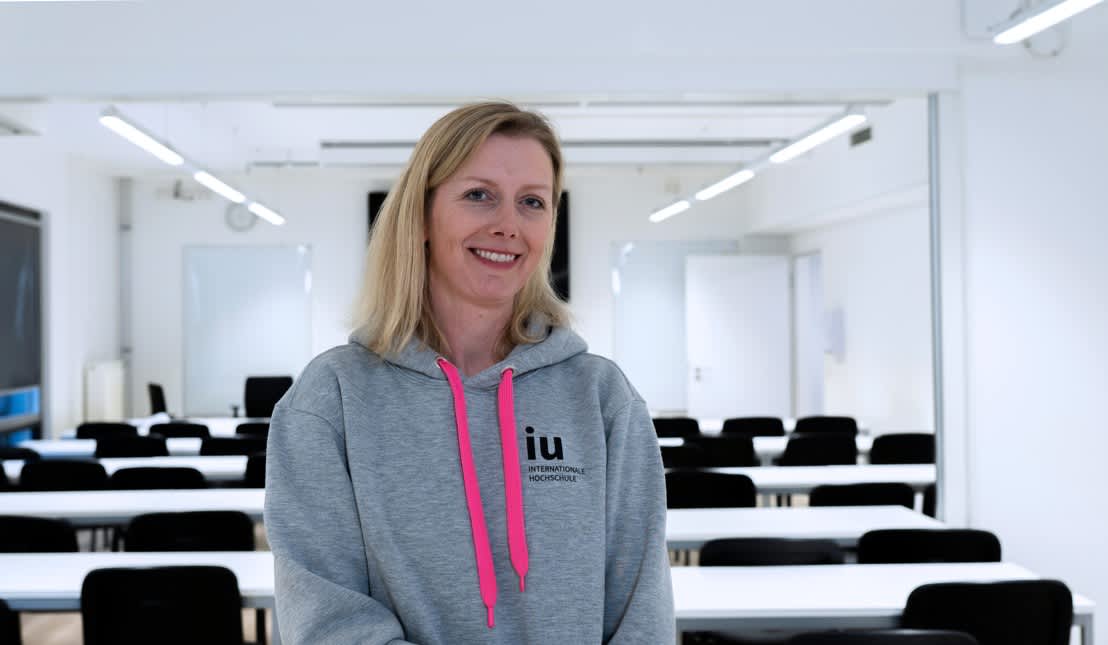Dreaming of studying in Germany?
With its world-class universities, affordable tuition, and incredible career opportunities, it’s no surprise that students from around the globe are choosing it as their destination. But between visas, applications, and finding your way in a new country, getting started can feel like a maze. Don’t worry—we’ve got you covered!
This page is your one-stop hub for everything you need to know about studying in Germany. From visa processes to student life and career opportunities, we’ve gathered all the essential information to help you make the best decision.
Why study in Germany?
Affordable & World-Class Education
Get a globally respected degree without the high price tag of other countries.
Career Opportunities After Graduation
Stay in Germany for 18 months post-graduation to find a job in Europe’s strongest economy.
Study in English, Live in Europe
No German? No problem. Enjoy 100% English-taught programs in the heart of Europe.
Vibrant Student Life
Experience life in Berlin, a multicultural, innovative, and exciting student city.
Everything you need to know in one place
Stay updated with our latest blog posts on studying in Germany, covering everything from visa processes to student life hacks.

What's it Like for International Students in Germany?

Best universities in Germany for Data Science

Is German Language Compulsory to Study in Germany?

Top Universities in Germany for Masters: A Guide for International Students

Why Study IT in Germany? A Complete Guide for International Students

Study Data Science in Germany: A Complete Guide

Study Computer Science in Germany: Your Gateway to a Global Tech Career

How to Study in Germany: Your Step-by-Step Guide

UK vs. Germany: Which Study Destination is Right for You?

Study in Europe: The Complete Guide for International Students

Discover Your Path: Top Universities in Germany for International Students

Top 10 Benefits of Studying in Germany

Study in Germany in English: 2025 Guide

Private Universities in Germany
IU’s Unique Advantages
At IU International University of Applied Sciences, we make studying in Germany even easier, with 100% English programmes, in-person lectures supplemented with flexible self-study, and strong career support to help you succeed.
Biggest Private University in Germany
State-Accredited & Internationally Recognized Degrees
Professors with 5+ Years’ Industry Experience
Self-paced Learning with Digital Tools
+25 Cutting-edge Programmes
25+ Years of Experience and Quality
Don’t settle on your education. With IU, you get an award-winning education that’s recognised around the world, all at an affordable price. Join 130,000+ IU students from all over the globe and choose the right programme for you from our degree portfolio.
Discover Bachelor ProgrammesDiscover Master ProgrammesDiscover MBA ProgrammesKickstart your career in Germany
Germany offers excellent job prospects for international students, both during and after their studies. As a student, you can work up to 120 full days or 240 half days per year, allowing you to gain hands-on experience while supporting your studies.
After graduation, Germany’s 18-month post-study work visa gives you time to find a job that aligns with your degree and career aspirations. With a strong economy, a thriving tech and business sector, and countless global companies, Germany is an excellent place to kick-start your professional journey.

Explore our career office page and discover more. Our team is here to help you!
FAQs
Award-winning education at IU
Do you have any questions?
Visit our FAQ page or get in touch with our Study Advisors.














